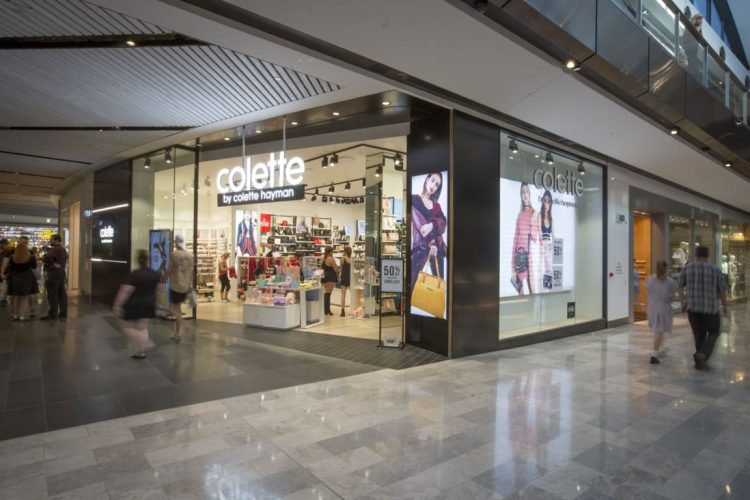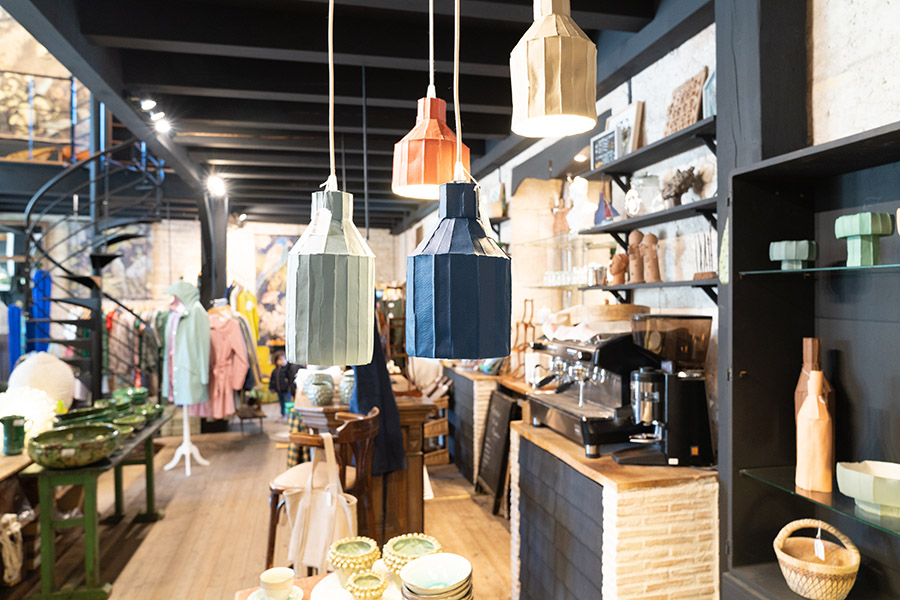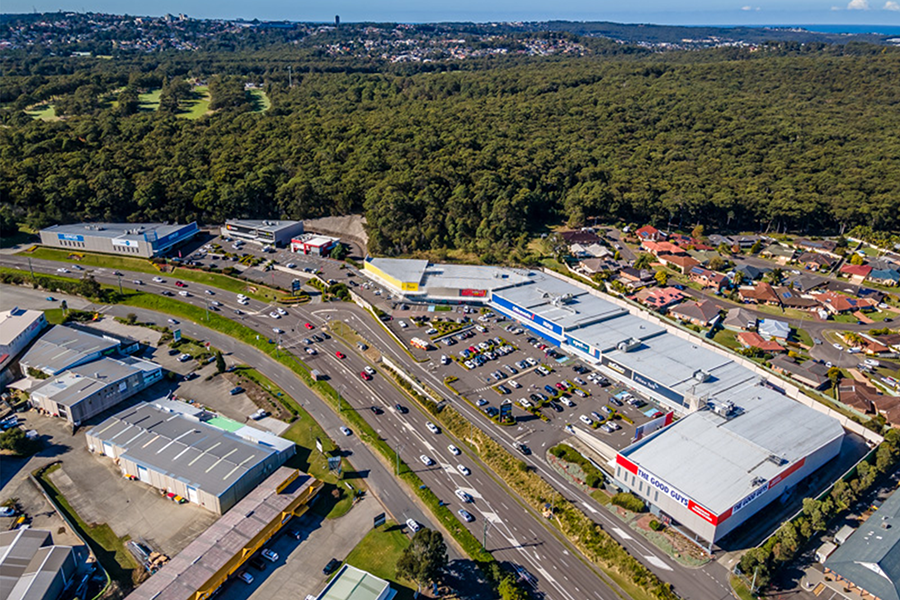The National Retail Association (NRA) has released an ambitious blueprint designed to tackle the unprecedented challenges confronting the sector and set Australian retail on course for recovery.
The full impact from the outbreak of the Coronavirus is yet to be fully felt and it follows a summer of devastating drought and bushfires, as well as a number of established retail brands closing their doors in the last 12-18 months. The state of retail is already highly affected by the economy and with the onslaught of external factors the industry is at risk of greater decline.
The NRA is therefore advocating to respective state and federal governments the following:
- 12-month payroll tax ‘holiday’;
- Annual Wage Review exemption for bushfire & Coronavirus affected communities;
- Funding for financial education assistance;
- Instant asset write-off; and
- Safe Retail Precincts program extended to regional areas.
Retail sales in Australia dropped by 0.5 per cent month-on-month in December 2019 – the largest decline in retail trade since August 2017 (ABS).
Unfortunately, in the past 12 months, numerous established retail brands from across the sector have been unable to navigate the challenging economic environment. A list of retailers who have either closed down or significantly scaled back operations since the beginning of 2019 are as follows:
1. Curious Planet
2. Napoleon Perdis
3. Criniti’s Restaurant
4. Bardot
5. McWilliams Wines
6. EB Games
7. Sunstate Foods (Red Rooster franchisee)
8. Build-A-Bear
9. Focus Group
10. Debenham
11. Ziera
12. Stylerunner
13. Ed Harry
14. Harris Scarfe
15. Karen Millen
16. Muscle Coach
17. Dimmeys
18. Kaufland
19. Bose
20. Jeanswest
21. Colette by Collette Hayman

Collette by Collette Hayman was the most recent casualty in the retail landscape
NRA CEO Dominique Lamb said that although there was no silver bullet, the measures outlined in the Blueprint for Retail Recovery would great assist in getting the sector off the canvas.
“Coronavirus and its impact on retail is just the latest challenge to face the sector, following a summer of devastating drought and bushfires, as well as a flat economy more generally,” Lamb said.
Lamb said “The NRA is calling on all state governments to provide a temporary 12-month payroll tax ‘holiday’ to provide immediate financial relief to relevant businesses so that they can hire more staff and boost productivity. We’re advocating that businesses who have been directly impacted by the devastating bushfires and the outbreak of the Coronavirus be exempt from any changes emanating from the Annual Wage Review.”
“The NRA is also urging the federal government to invest in a financial education assistance program to both engage and teach new small business owners on how navigate the financial challenges of running a business.”
“The instant asset write-off has been an overwhelming success, however, it remains a year-by-year proposition in the Federal Budget. By elevating the scheme to a permanent status, the government would be providing greater certainty to SMEs to plan asset investments over the long term”, she said
Retailers ranging from local cafes, family-owned restaurants and many other small and medium-sized enterprises (SMEs) have benefitted greatly from the instant asset write-off.
“The Safe Retail Precincts program, run by the NRA in conjunction with the Federal Government, has been highly successful in metropolitan areas in safeguarding shopping centres from threats such as crime and severe weather events. Extending the program to regional areas will assist in making a retail business in those communities more attractive, safer and affordable”, Lamb said.
The implementation of the NRA’s Safe Retail Precincts program in regional areas of Australia will assist with making owning and running a business more attractive, safer and affordable.
Participants in the NRA’s Safe Retail Precincts will be contributing to a pool of information on a wide range of threats. This information will help retailers identify the potential threats, limit the risks and keep essential services open for the broader community, as well as providing the emergency services with greater and more reliable information that will assist them in keeping retail open for business.
A global rise in the frequency and severity of extreme weather events has seen the average cost to the Australian economy reach $18.2 billion dollars per year, according to the Australian business roundtable for disaster resilience and safer communities. Environmental scientists are predicting that these events will become more common.





















